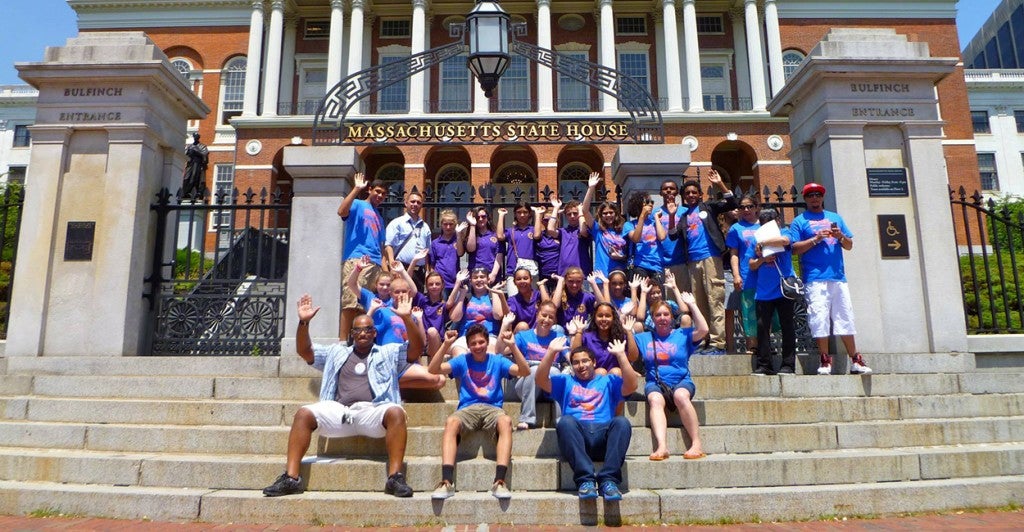Those 45,000 Massachusetts students on waiting lists to attend charter schools will continue to wait.
The state Senate has killed a bill that would have allowed more charter schools to open and expanded the reach of a program that has effectively turned around some of the state’s lowest-performing schools.
A similar bill could return after lawmakers reconvene in January, lobbyists and advocates say, but the result of this November’s gubernatorial election probably will affect its chances.
Massachusetts, home to some of the top-performing charter schools in the country, caps the total number of charter schools that can open in the state and caps the amount of money each district can spend on charter schools. The bill would have exempted the state’s lowest performing districts, enabling them to open additional charter schools without cap restrictions.
Two versions of the bill failed in the Senate—26-13 and 30-9.
“The way it was treated in the Senate is a pretty resounding ‘Don’t send us this type of legislation,’” said Kate Apfelbaum, Peters Fellow in education for the Pioneer Institute. “There was not much support for it, and even those that did support it had all kinds of strings attached that made it very difficult for charters to succeed.”
A little less than a quarter of the wait list—or about 10,000 students—could have had access to a charter school if the legislation had passed, Apfelbaum said.
That doesn’t necessarily indicate the fate of future similar bills, said Dominic Slowey, spokesman for the Massachusetts Charter Public School Association, in part because the charter movement in the state is healthy.
“There’s incredible demand for charters in Massachusetts and widespread support for lifting the cap,” he said. “Put those two together, and combined with a trend of performances that’s recognized as the best in the country, I’d say we’re headed in the right direction.”
